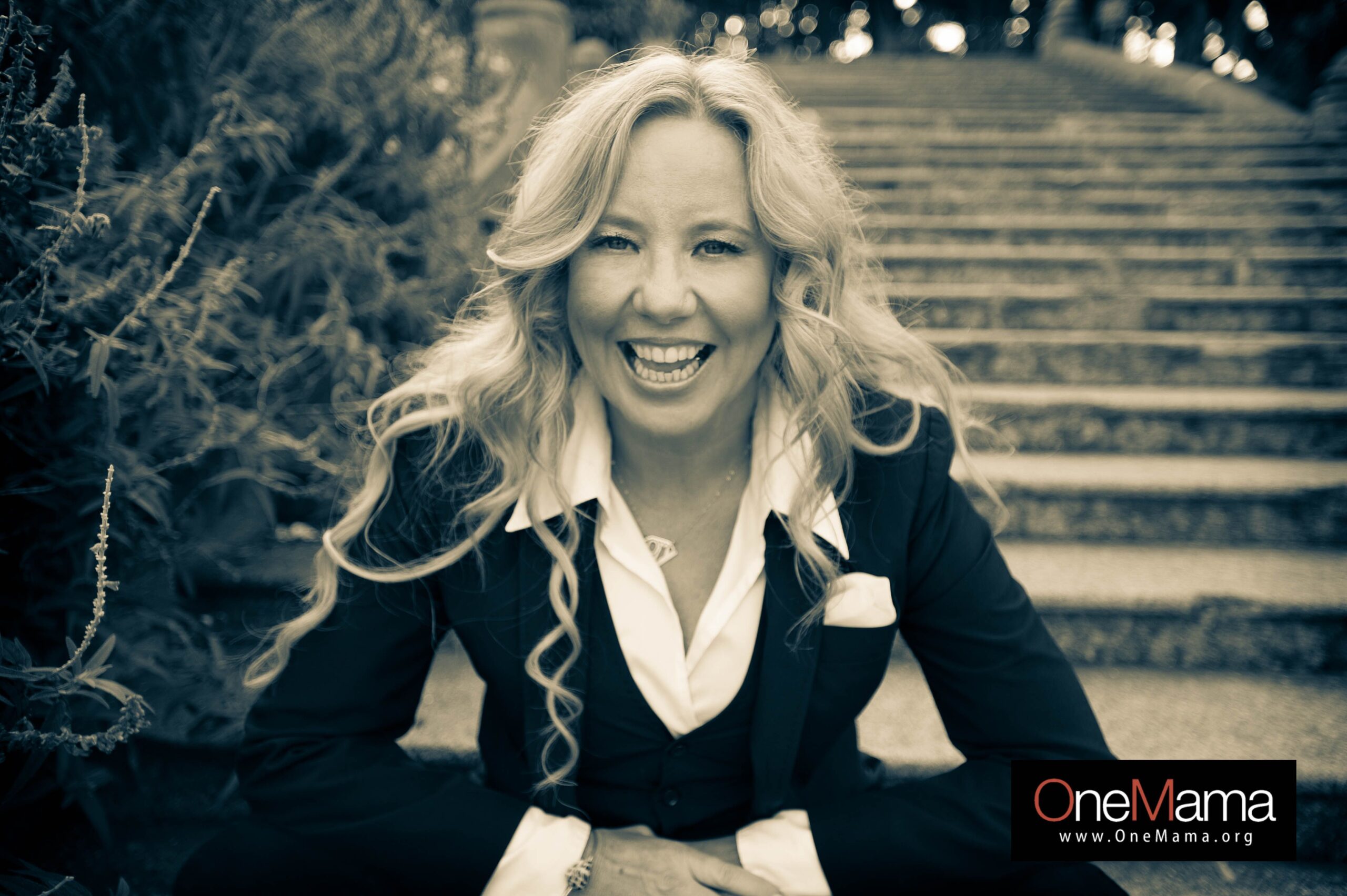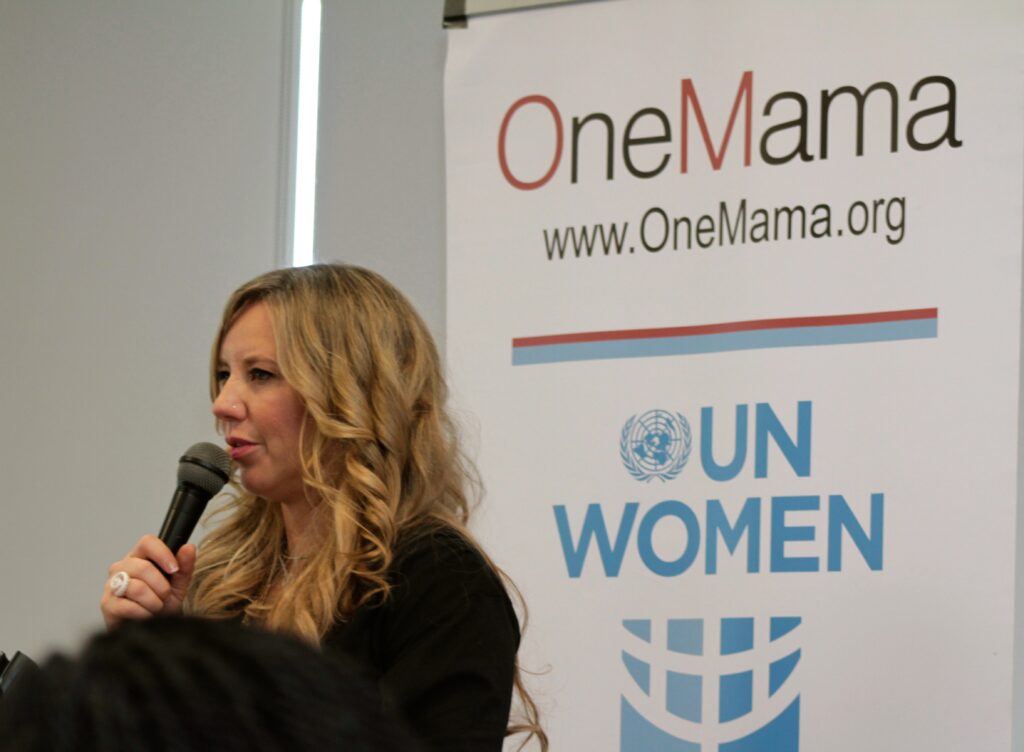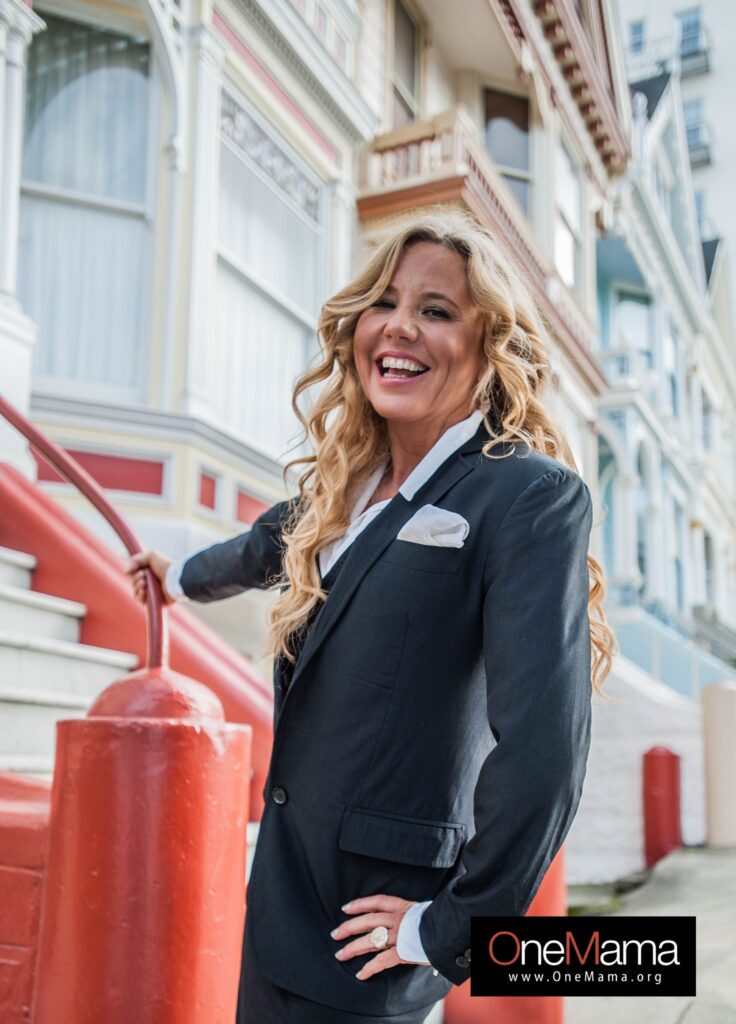JOY=Success Interview Coaching FAQs

Hi! I’m Siobhan Neilland.
I have been a Senior Leadership and Technology Recruiter for many large, influential organizations including Amazon and Google.
During this time, I’ve discovered some best practices and tricks that I would love to share with you. I can offer some tips and good advice on what might get your resume noticed in top tier companies–especially those Fortune 500 organizations like Amazon and Google.
Most companies receive 100’s and sometimes 1000’s of resumes on a daily to monthly basis, so you really have to make sure your resume is clear. It needs to reflects your authentic accomplishments so you can land your next big role in your career. A resume is a marketing tool on YOU and what YOU can bring to a role and how you can come solve the next thing at the companies you are interviewing for.
RESUME FAQs
QUESTIONS AND ANSWERS
Q: What is the best resume layout?
A: Keep your resume simple. You may deal with an applicant tracking system, that’s the place that your resume goes when you apply to a job. The system may not read more complex formatting or creative resumes. I advise to keep it as a Word doc or as a PDF. Don’t add too many pictures as they usually throw off the formatting.
I also suggest not to add too many colors or creative graphics. They, too, usually don’t format well in applicant tracking systems. I really recommend bullet points. I recommend about 11 or 12 point font and a common font like Times New Roman, Arial or Calibri–something that’s really easy to read.
Q: What is it that they are really looking for on a resume?
A: The interviewing team wants to know what YOU have created personally, what you have built, and SHOW through data how you have influenced your roles as either a leader or an individual contributor.
Your resume should really reflect all of those amazing things that you’ve been able to accomplish. Most people, just put their day to day work without the arc of the details.
Recruiters and hiring managers really want to see what kind of processes, mechanisms and methodologies you’ve created to be successful in their career.
They also want to see how many efficiencies you have created in your role. Other things that can be impactful is to show what kind of money have you saved for your team or your company.
When it comes down to it. We’re not really great self-marketers. That might be why writing your resume is really difficult.
What would your co-workers, employees and fans say about you, and what would you really want to say about yourself to the next person hiring you? Make sure to put it in a way that’s more of a humble brag. The best way to stand out is to really just be your authentic self and put all of those diverse intersectional aspects of yourself into your resume.
Q: What resume edits & grammar should I focus on, and what are best practices?
A: One thing that I will tell you is to really make sure you get a lot of eyes on your resume before you actually submit it to a job. A surefire way to make me stop reading your resume and move on to the next one… is if you have misspelled words. Use spellcheck, have your friends review it, have your family review it, and if you know someone who does a lot of hiring and reviewing resumes, ask them to review it.
Now you could actually go and find and hire a resume writer for yourself. That’s an option. Just be sure it’s somebody that has good experience, somebody that you’ve maybe check the references. You can also sign up for classes, and there’s also helpful YouTube videos that you can watch.
Q: What is the ideal page count for a resume?
A: Ideally 2 pages is the industry standard. If you have more than that in your resume page count, you can slim down your resume by losing the skill section to get you more resume real estate. By creating those columns of skills at the top, what you can really do is just incorporate those skills into the body of each of your jobs.
If you have a long career, highlight the older projects and roles with a quick summary if it is still relevant. If you’re a tenured individual, and you’ve got a lot of experience, feel free to do a little more than two pages but still keep it crisp and not over 3 pages. Most resume readers will not read that far along.
Q: Should I have a summary on my resume?
A: If it’s done really well, summaries can be extremely impactful. What I’d recommend is keeping the summary short, sweet and concise. That way your reader can read it and actually see what they want to see. But then they’re drawn into the rest of your experience so that they can learn more about you.
Q: Should I have links on my resume?
A: Make sure to add lots of links, especially on your LinkedIn page–a link to the company that you worked for, or that you do work for, is extremely helpful for those readers. They want to be able to access information easily and quickly to make a determination on whether or not you might be a great candidate for the job.
Q: Should I list details other than job descriptions on my job history?
A: Another tip I’d give you is to put a couple of sentences underneath each job mentioning what the company does, where are they located, and what kind of presence they have in their market or in their industry. This is all really helpful information for your resume reader to know.
Q: How can I utilize my LinkedIn page more for interviewing?
A: Use your LinkedIn page–it is CRITICAL REAL ESTATE! You get so much more room there to put great information and content about you and all the facets of what you do in the world.
Most recruiters spend about 50-75% of their time looking on LinkedIn for prospects and applicants to read more on those candidates. That’s very important. Another great tip to make sure you link your LinkedIn profile to your actually resume, it’s going to be nice to put it up right there at the very top. That way someone can click on it and go to your LinkedIn page very quickly.
Q: What about other social media platforms?
A: Unless you are in a specialized market like SEO Marketing, I wouldn’t link all of your social media profiles to your resume–just LinkedIn. It’s not really necessarily something that’s relevant and could distract from your work and area of expertise. LinkedIn is specifically designed for job recruiting, so it’s truly tested at doing its job well.
Q: What are the best kinds of languages to use on my resume?
A: Actionable words can be important. Build, create, develop. Those are things that definitely get someone’s attention.
However, be sure you back that up with something that you actually created or developed. Along with that, make sure you put the data in there–percentages, numbers of dollars, earned money, saved efficiencies, etc. are gold when it comes to a resume.
Q: Are there some areas of my career that I should focus on compared to others?
A: Some things that I would tell you is if you’ve been in your career for 20 years, nobody needs to know about your earlier career, or something as old as an internship. You may also want to keep the hobbies to a minimal so you have room for those awards, special projects, and highlights.
Q: Are date ranges really necessary on a resume?
A: Yes, date ranges are an important way to seem transparent and help create a nice timeline of your experiences so that your reader can understand more about what job you’re in when and what that job was about.
Q: What if you took a year off? What if you have some gaps in your resume?
A: Those are important questions as well. What I’d say is, don’t be afraid to actually highlight that, you want to show exactly what you’ve been doing. And that time off, if you took time off to be a mom, just say that. If you took time off to go travel the world, say that. Say something that you learned, talk about some of the experiences that you had, and explain how those changed and shaped you as an individual or leader and an applicant for this job.
Q: Should I list outside interests?
A: Outside interests like swimming, hiking, biking, whatever it may be,–that’s actually pretty cool. I like getting to know you as an advocate, and what you are going to bring to the table in a lot of different ways. Knowing someone’s interests can lead to conversation and breaking the ice during the interview. It can also offer insight into your personality that could be helpful to the recruiter.

Q: How should I save my resume format?
A: Save your resume file name with your full name, the year, and the title of the role for which you are applying. This will help the recruiter easily refer to it easier later on and give them another look at your name just be viewing the file. Save as a pdf or doc file type.
Note: If you don’t have Word or a way of creating a PDF, you can use Google docs for free and export/save it as a file in .doc or .pdf format.
Q: Do I need a cover letter?
A: Many of you like cover letters, however, I personally don’t care for them and don’t focus on them. Most recruiters don’t read them, but yet again some hiring managers do like them. Find out from the organization what they prefer, but the primary focus should always be your resume.
Q: How do I get the attention of the company and roles I am interested in at this time?
A: Networking in the organizations you want to work with is a critical ingredient. Networking creates opportunities for yourself and your self-advocacy. Reach out to that hiring manager, reach out to that recruiter on LinkedIn, or even reach out to other people who are currently in similar roles and teams you would like to belong .
Now there’s appropriate ways to reach out to the hiring manager or recruiter. There’s also some inappropriate ways to do it. Remember to do your homework, do your research, and make sure that individual is someone who really wants to touch base with you. You’ve got one shot at getting it right!
Keep in mind at large organizations like Amazon and Google, the recruiters get 100’s of reach outs a day. So it can be better to reach out to someone you know in a role you are interested in and you have a relationship with.
Q: Do I need to list references on my resume?
A: As far as references go, my suggestion is to leave them off your resume and provide them when they’re asked for. You won’t need to share any references until after the end of the interview process. And at this time, they have already brought you in for consideration based off just your resume alone.
Q: What if your early in your career?
A: You may just be getting started in your career. You just graduated from college, you don’t have a ton of experience… well, what do you put on your resume? Think about putting your educational experience at the very top of your resume. Don’t be afraid to put your internships–show experiences you’ve done during the summers, that you’ve been in school, information about the retail store, you worked in the coffee shop, you had an opportunity to work in over the summer or summer camp, it really goes to show that you’re taking initiative while you’re in school to get some experience of actually get into the workforce, your GPA on your resume, give or take, it could be really important for a hiring manager.
It might not be as important for a recruiter, I’ll leave that up to you.
Q: Be clear and focus on what you want next in your career and highlight those.
A: Make sure to tailor your resume for the kind of roles that you want in a general way, not just one specific role. When I say that, what I mean is not a specific job necessarily and one company that you’re looking to apply for, like Amazon or Google, but make sure that you are actually creating your resume where it’s broadly usable for lots of different opportunities.
These tips are viable for most companies and roles. There’s a lot of great information here that you can take to lots of opportunities and lots of companies.
If you’d like to sign up for one-on-one private interview coaching with me, please schedule time with me below. I also offer a more streamlined virtual group coaching session at a more affordable price, please click to see our schedule.
#JOY=SUCCESS
Note: All interview coaching fees are a 501(c)3 non profit tax-deductible donation to Siobhan’s passion – the OneMama organization.
To find out more details, here’s some other posts related to Siobhan’s coaching services:




